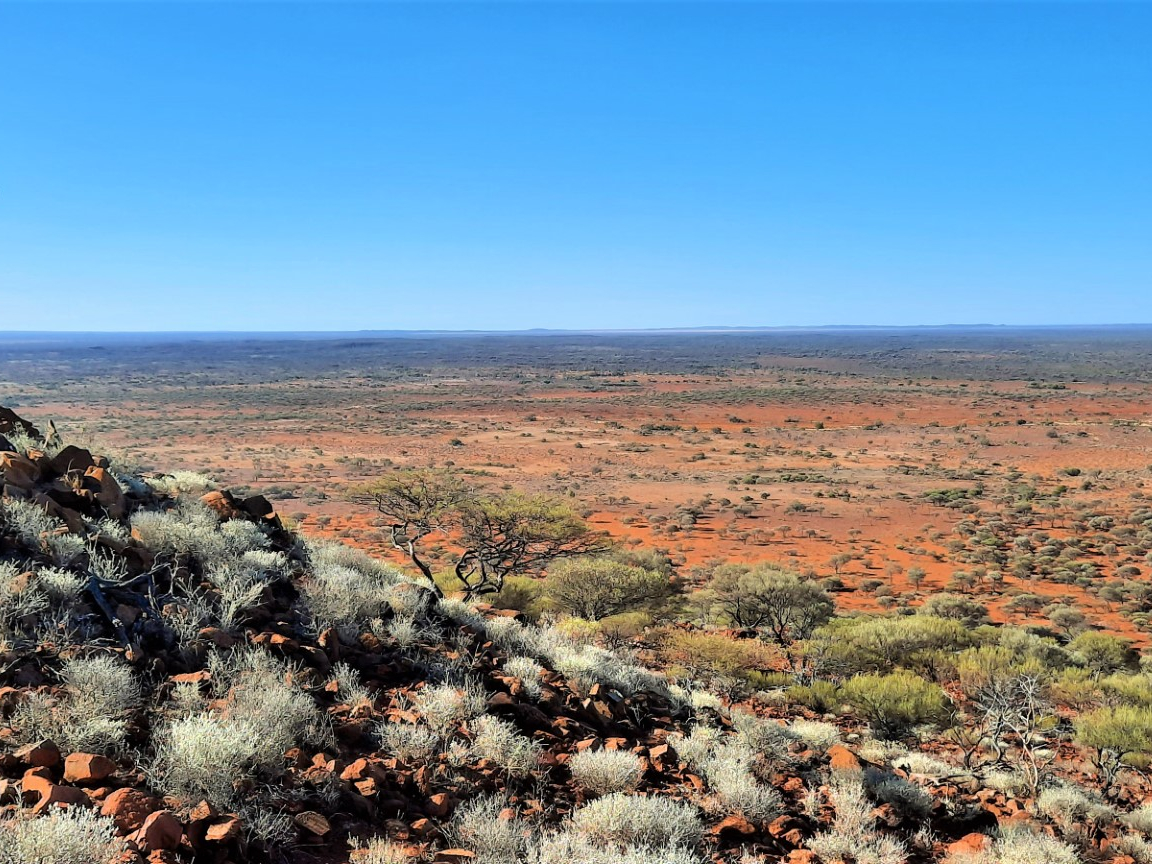The Forever Wild initiative protects some of the Earth’s last great wildernesses for societal well-being, for biological diversity and its evolutionary potential, for our cultural record and economic values.
The initiative seeks to demonstrate that large-scale community nature-based solutions to the climate and biodiversity crisis can be created and scaled with innovation in capital, business and impact.
Forever Wild creates innovative financing mechanisms to support very large-scale objectives. Blending philanthropy with impact investment it acquires, protects and innovates. It protects wilderness by creating ecological and social equity, and driving innovation in non-destructive economic activity.
In 2018, the Forever Wild initiative was launched with a registered Australian charity to drive and oversee an ambitious social and ecological mandate.
The Board of the Forever Wild charity then began designing innovative profit-for-purpose structures to operate as social enterprises, to support new forms of agriculture, and enable tangible returns for natural and social capital. These structures attract private capital and are opening the door to significant finance for nature and Indigenous people and local communities.
I recently had the opportunity to speak to the Forever Wild initiative founder and CEO, Fiachra Kearney.
Including time as a CSIRO research scientist and founder of a highly successful private enterprise that consulted to the US and European governments, Fiachra’s career has spanned the globe, tackling some of the planet’s most pressing environmental and societal challenges. He has extensive experience in Africa, Australia, and S.E. Asia working with diverse landscapes and cultures.
Fiachra believes we must link natural and social capital with the economic system in a truly sustainable way and implement new ways to produce food while protecting our planet. He advocates thinking at a spatial, societal, and temporal scale that is truly meaningful — if we don’t think at scale we won’t act at scale.
How do you invest in nature?
Fiachra structured Forever Wild to tackle the complex problem of how to protect the world’s remaining wilderness landscapes by creating a model that ensures equity for nature and people, linking natural and social capital with the economic system in a truly sustainable way.
“We’ve got to shift peoples thinking that there are returns to be made by protecting nature in perpetuity, both financial tangible economic returns as well as the intangible returns for all of our future investments,” Fiachra said.
“If we cannot manage our planet’s climate and biodiversity then our risk adjusted models will all be out of date.”
Currently, the costs of not protecting nature — climate events, for example — are not factored into investors’ risk models. But by not investing in nature, we are indirectly impacting the integrity of any other investment.
The problem, he explained, is that “People can’t see nature as an asset class, and it’s partly because we don’t have a definable class like we do for carbon. But there are still several ways to do it.”
How can we protect the integrity of the ecological function of nature for generations to come without just continuously selling and trading it?
Forever Wild is developing models around this, structuring a “unit of nature”.
While valuing biodiversity is extremely difficult and complex, Forever Wild has created “a unitised structure of effort to lead to a given outcome. We can value the management effort to produce an outcome for biodiversity.”
“We value the management effort, and we can unitise that. So we assess management effort for threatened species or for an entire ecosystem. We can cost how much it will be to get from point A to point B, or even just to protect it in its current state.
“That can be unitised and sold as a product, can be sold as an actual unit itself, or we can staple it to a property, to the management of a property, and can onsell it.
“It is a way to use the system; to bring nature in as a valuable asset. The goal is to simultaneously protect and leverage the vast natural capital of the Earth’s last remaining wildernesses.”
Investment opportunity
The initiative comprises a core charity linked to profit-for-purpose companies. These companies are the investable vehicles for asset acquisition and co-designed business activities.
Forever Wild is seeking two things from investors — investment in the current opportunity, as summarised below, as well as longer term investment into the Forever Wild initiative and the profit-for-purpose vehicles that it creates.
The Forever Wild initiative currently has three large-scale properties (225,000 hectares) in Queensland and Western Australia with three primary business lines — carbon, biodiversity and sustainable agriculture.
Its goal is to have 20,000 square kilometres, or 2 million hectares, under management in Australia by 2023, plus 5,000 square kilometres (500,000 hectares) under management internationally (Africa and South America).
Forever Wild is now looking to scale the business model with the acquisition of a pastoral station in the Western Deserts, with subsequent properties in Queensland and WA in the pipeline.
Pastoral Station
Forever Wild is currently seeking to raise A$3 million as part of its Western Deserts Program. The funding will support large pastoral station in Western Australia, where it will operate three main business lines:
1. Carbon: An existing, unconditional Carbon Project registered with the Emissions Reduction Fund (ERF) and has an eEstimated 260,000 ACCUs remaining.
2. Biodiversity: Additional monetizable 260,000+ biodiversity units via an existing agreement with a biodiversity trading company.
3. Sustainable Agriculture/Cattle: Cattle herd including breeding Santa Gertrudis, with grazing rights over an additional 225,000ha (560,000 acres) on adjoining stations, including the highly productive Salt Bush land types. The station’s Heritage Homestead also has strong tourism potential.
For more information see https://foreverwild.com.au or contact enquiries@foreverwild.com.au.

